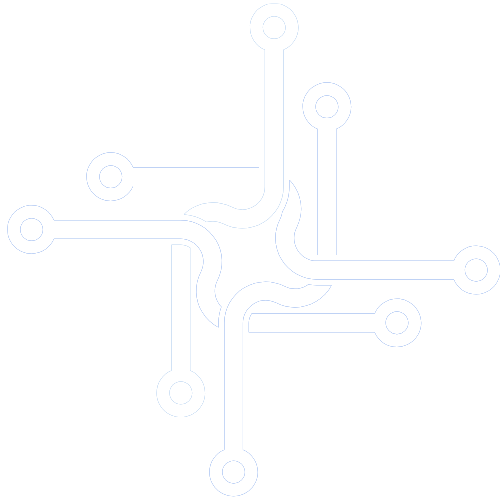What is an AI Assistant and Why SMEs Will Start Using Them by 2026
In a world where technology is constantly evolving, the term "AI Assistant" might sound like something out of science fiction. But for small and medium-sized enterprises (SMEs), these intelligent tools are rapidly becoming a reality, promising a transformation in how business is done. If you've ever felt overwhelmed by repetitive tasks or wished your team could focus more on strategic growth, understanding AI Assistants is your first step towards a more efficient future.
This article will demystify what an AI Assistant truly is and explore why experts predict a widespread adoption by SMEs as early as 2026. Prepare to discover how these tools are poised to redefine productivity and innovation for businesses of all sizes.

The Problem: Overwhelming Tasks and Limited Resources for SMEs
Many small and medium-sized businesses face a common dilemma: a vast array of daily tasks, from customer support and lead generation to data analysis and administrative work, often with limited human resources. This constant juggle can lead to bottlenecks, inefficiencies, and a diversion of valuable time from core strategic activities. Small teams spend countless hours on manual processes, impacting their ability to scale, innovate, and compete with larger corporations that have dedicated departments for every function.
The challenge isn't just about workload; it's about making the most of every minute and every employee's potential. Without the right tools, SMEs can find themselves stuck in a cycle of reactivity rather than proactive growth.
Understanding AI Assistants: Your New Digital Colleague
At its core, an AI Assistant is a software application designed to perform tasks or services for an individual or business. Unlike simple chatbots, modern AI Assistants leverage advanced Artificial Intelligence to understand context, learn from interactions, and execute complex workflows. Think of it as a highly skilled, always-on digital colleague ready to tackle a multitude of operational and strategic challenges.
These assistants are powered by various AI technologies, including Natural Language Processing (NLP) for understanding human language, machine learning for pattern recognition and prediction, and automation engines for executing tasks across different platforms. They're not just about answering questions; they're about proactively managing processes, providing insights, and streamlining communication.
The Inevitable Trend: Why 2026 Marks a Turning Point for SMEs
The rapid advancement and increased accessibility of AI technology are making intelligent assistants indispensable for SMEs. Several factors point to 2026 as a pivotal year for widespread adoption:
- Democratization of AI: What was once exclusive to large corporations is now available through user-friendly No-Code and Low-Code platforms, making AI implementation feasible without extensive technical expertise or large budgets.
- Competitive Pressure: As early adopters gain significant advantages in efficiency and customer satisfaction, other SMEs will follow suit to remain competitive.
- Clear ROI: Businesses are increasingly recognizing the tangible return on investment from AI Assistants in terms of cost reduction, increased productivity, and improved customer experience.
- Simplified Integration: AI platforms are becoming easier to integrate with existing business tools (CRMs, ERPs, communication platforms), reducing implementation friction.
- Focus on Strategic Growth: Owners and managers are realizing that offloading repetitive tasks to AI allows them to dedicate more time to innovation, market expansion, and strategic planning.
This isn't just a technological shift; it's a strategic imperative. Businesses that embrace AI Assistants will be better equipped to adapt to market changes, serve their customers more effectively, and unlock unprecedented levels of growth.

The future of work for SMEs will be profoundly shaped by AI Assistants. They are not merely tools for automation; they are catalysts for strategic thinking, innovation, and sustainable development. By understanding their potential now, businesses can position themselves at the forefront of this revolution, ready to thrive in the years to come.
Stay tuned to learn more about how intelligent automation can transform specific departments within your business.




